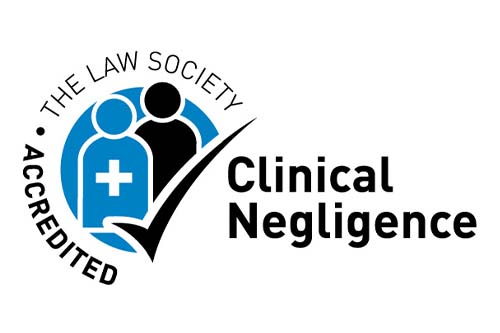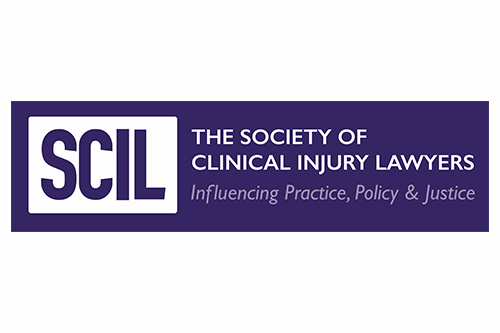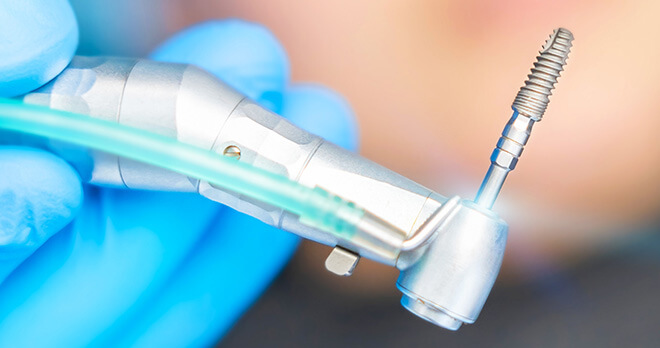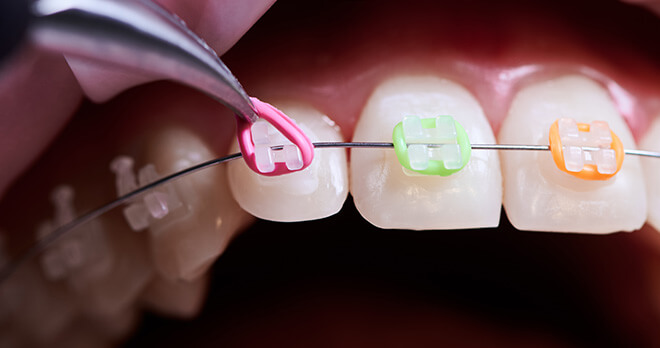Compensation for dental nerve damage
Nerve injury can occur due to negligent dental treatment when the trigeminal nerve is disturbed.
Are you experiencing the symptoms of dental nerve damage?
Dental nerve damage can be painful and cause issues with facial mobility and it often affects the main nerve responsible for sensation and motor functions.
The trigeminal nerve is the main nerve responsible for sensation in the face and things such as biting and chewing. But you may not be immediately aware that you have sustained an injury to a nerve and this can sometimes take a while to diagnose.
There are common symptoms that can occur following a nerve injury though, such as anesthesia ( numbness), paraesthesia (tingling), or dysesthesia (pain and burning).
These symptoms can be fairly worrying and intrusive and can affect your ability to eat and even speak. If you are suffering from any of these symptoms then you may have sustained a nerve injury and should seek medical advice. Examples of how nerve damage can arise are as follows:
-
Tooth extraction
Nerve injuries can commonly occur after the extraction of a wisdom tooth. Although this is often seen as a recognised complication it is still important that you have been informed of the risk that nerve damage can occur as a result of the extraction.
Additionally, it is also important that your dentist has considered the proximity of the tooth to the surrounding nerves. This assessment would require a radiograph and will help the dentist explain the risks of the extraction to you. Sometimes nerve injuries can occur in other tooth extractions and once again can be negligent when the dentist has not considered the position of the surrounding nerves.
-
Implant treatment
Nerve injuries following a dental implant can be caused in two ways. Either when a dentist mistakenly drills too far through the jaw canal, or when the implant itself is too long and asserts pressure onto the nerve.
-
Root canal treatment
Endodontic treatment is a dental procedure used to repair and save a tooth that is badly decayed or becomes infected. This procedure is invasive and involves the dental practitioner removing the nerve and pulp from the tooth and thereafter cleaning and sealing the tooth.
Many complications can occur during this procedure and some complications (at their worst) can result in nerve damage. For example, sometimes the irrigant used to clean the canal (sodium hypochlorite) is negligently injected into the surrounding tissues of the mouth. This results in nerve damage or damage to the surrounding jaw by the mechanism of opening the root canal and negligently damaging the surrounding nerves.
The symptoms of nerve injury can persist temporarily and resolve themselves over time. Unfortunately, in some cases a nerve injury may be permanent. It can sometimes be hard to get any detailed advice through your NHS dentist on how your nerve injury is likely to recover.
If you have grounds for a dental negligence claim, part of the investigation will most likely involve an examination with a specialist practitioner that will be able to give you a firm view on exactly what nerve you have damaged and whether your nerve injury is likely to be permanent. In some serious cases, you may need ongoing treatment to deal with your symptoms which will affect how your compensation award is calculated.
- No-win no-fee legal funding.
- Compensation for pain and suffering.
- Payment for future treatment costs.
- SRA regulated & quality assured.




Speak to the team to understand more about you potential compensation claim for dental negligence. You can call us or simply drop us a message and we will get back to you.
Call the team

Success stories
Read about some of our biggest successful claims for dental negligence.
Dental negligence can have a long last effect on your health, confidence, and well-being. When we work for you we make sure you not only get the compensation you need to recover costs and pay for any future care, but also get the answers you deserve.
Read about about our different many success stories and see for yourself how we have helped many people just like you to get compensation for negligent dental care.
How much compensation might you receive? How is it calculated?
Any compensation you receive will vary depending on what injury you sustain. For example, if you require an extraction of one of your teeth resulting from substandard crown or bridgework, you will receive more compensation than if you suffer a period of pain as a result of negligence.
Compensation received following a successful claim for dental negligence will be comprised of:
-
an award for pain and suffering
this will compensate you for any pain you have endured, and also things like inconvenience, social effects (such as embarrassment) and any changes in your eating or sleeping habits.
-
an award for future treatment costs
for example, if you require an implant and an implant retained crown, or Cognitive Behavioural Therapy as a result of a psychiatric injury sustained due to negligence. We will also take into account the future maintenance costs for any treatment you may require, including future specialist appointments.
-
past loss
this may include past prescription costs, travel or dental treatment. For instance, if you had to repeatedly to travel to a specialist appointment as a result of dental negligence, the cost of this will likely be recoverable.
How long will it take to make a claim?
As a general rule, dental negligence cases would usually conclude between 18-24 months from the first time you contact us. However, each case is different, and this may vary depending on the complexity and specific facts. The important thing is that you speak to us as soon as possible so we can begin investigating your claim.
Can you sue a retired dentist?
You can sue a retired dentist, as long as your claim is not statute barred. By law, all dentists must be registered with the General Dental Council (GDC), and must have appropriate indemnity and insurance arrangements in place; this allows patients to seek any compensation they may be entitled to.
Therefore, even after a dentist retires they will still be responsible for the treatment which was carried out when they were practising as a dentist.
How long do you have to make a claim?
You have three years to bring a claim of dental negligence, from the date of negligence or knowledge of it, under the laws concerning ‘limitation’ in England and Wales. These laws state that a Claimant must issue court proceedings within this time period, or else their claim would be statute barred.
Generally, we would advise you to contact us at least 6 months before the limitation period in your case is due to end. However, this can be reviewed on a case by case basis; if you believe that your limitation period may expire soon, we encourage you to contact us as soon as possible.


Speak to the team to understand more about you potential compensation claim for dental negligence. You can call us or simply drop us a message and we will get back to you.
Call the team
You can call the team on 0800 923 2080 or message them to understand more about you potential compensation claim for dental negligence. We will get back to you at a time that is convenient to you.


















